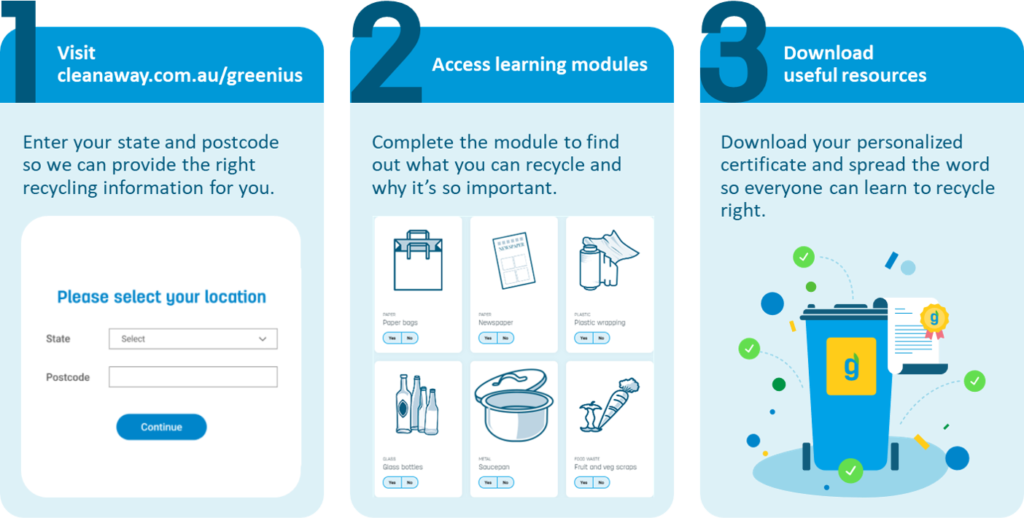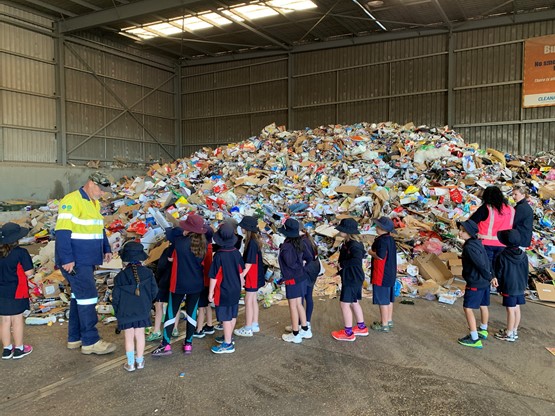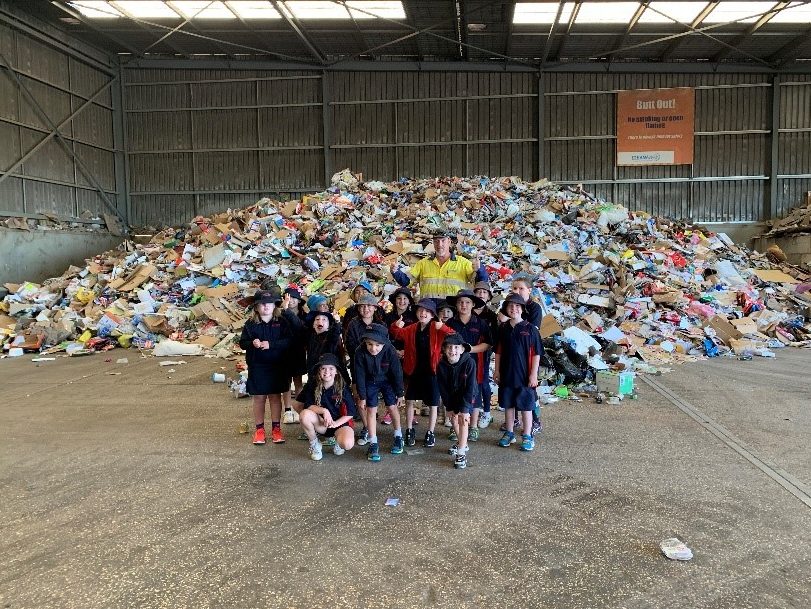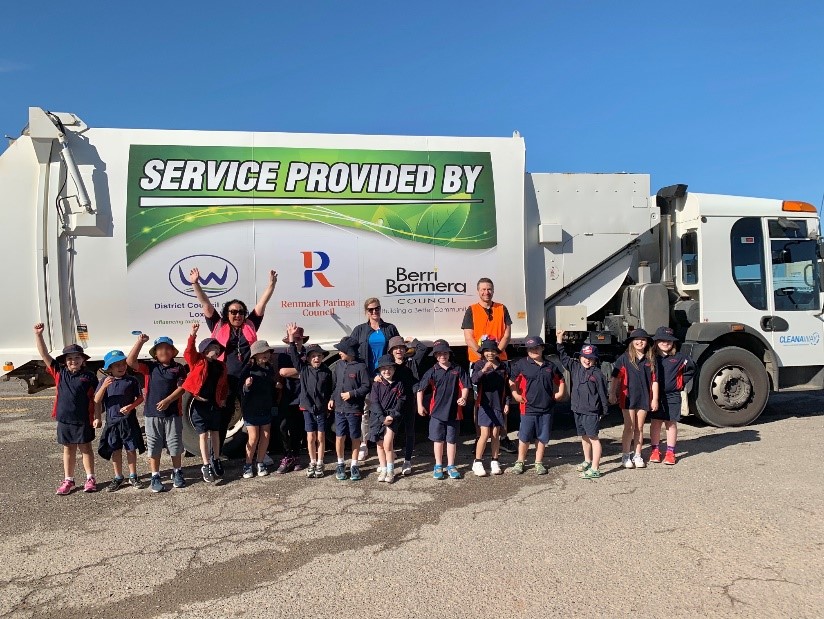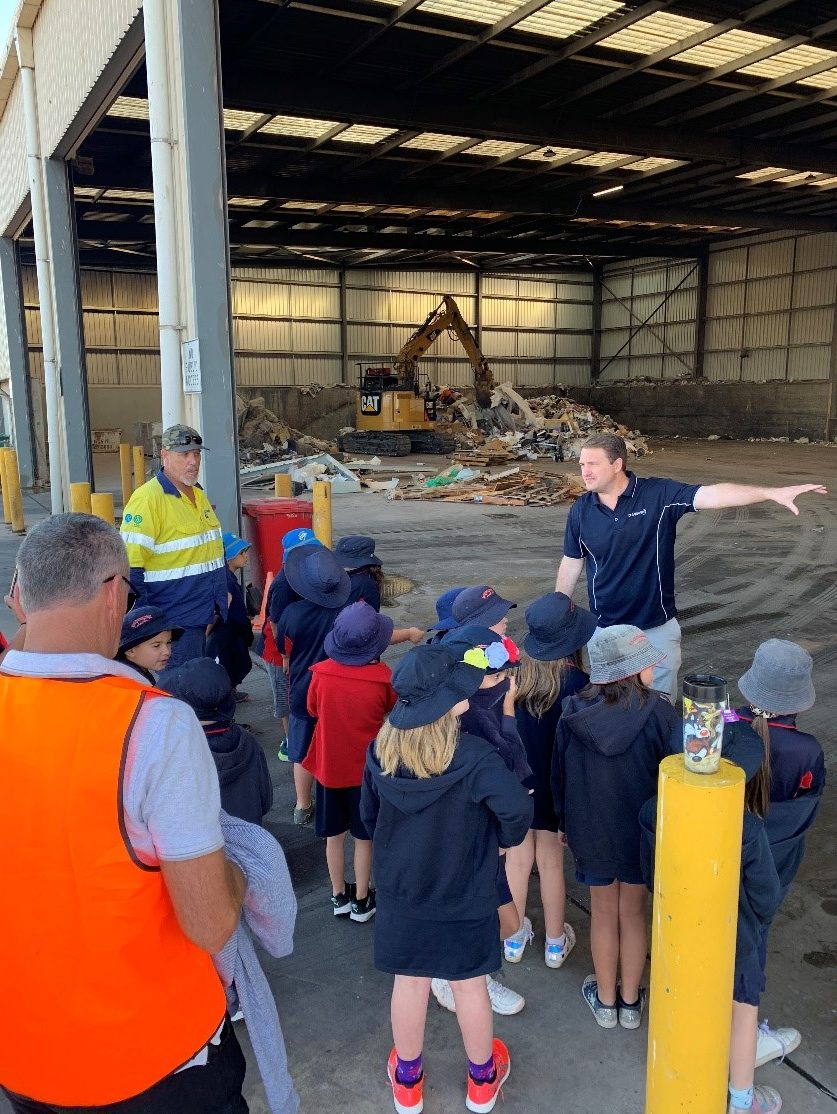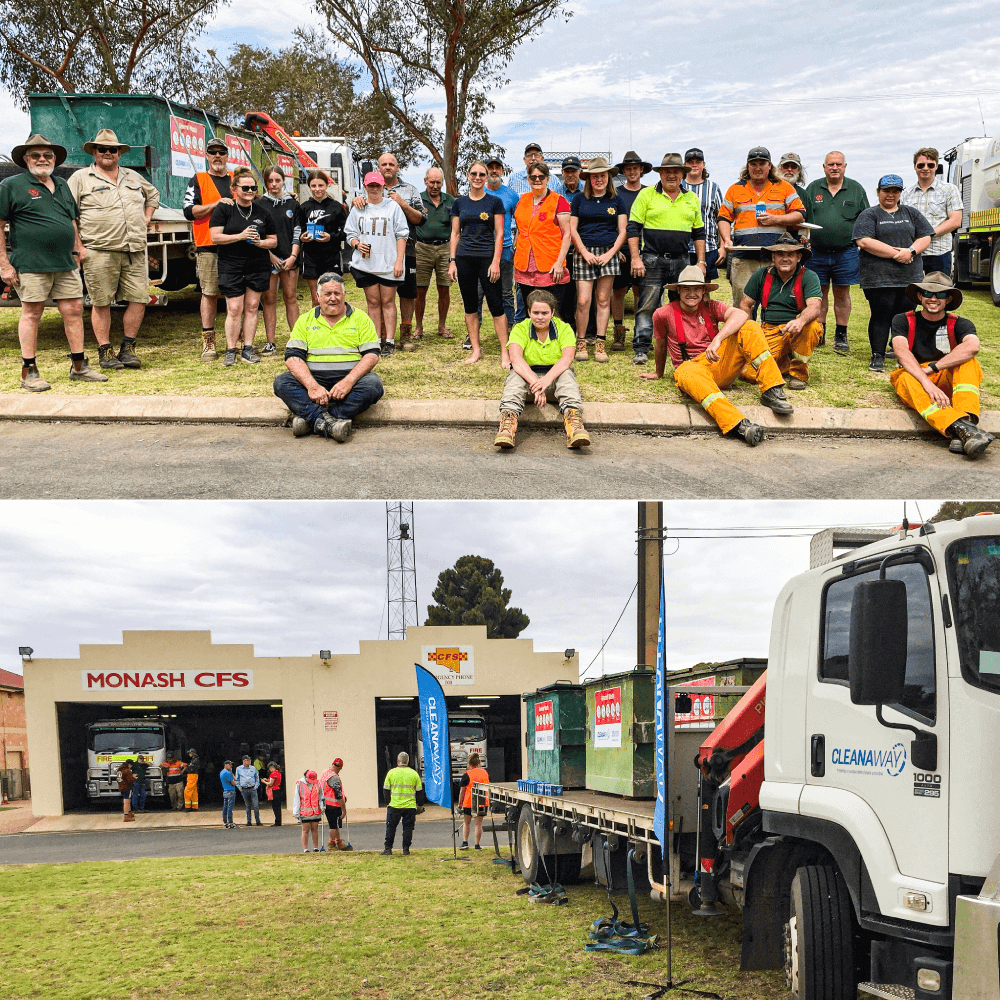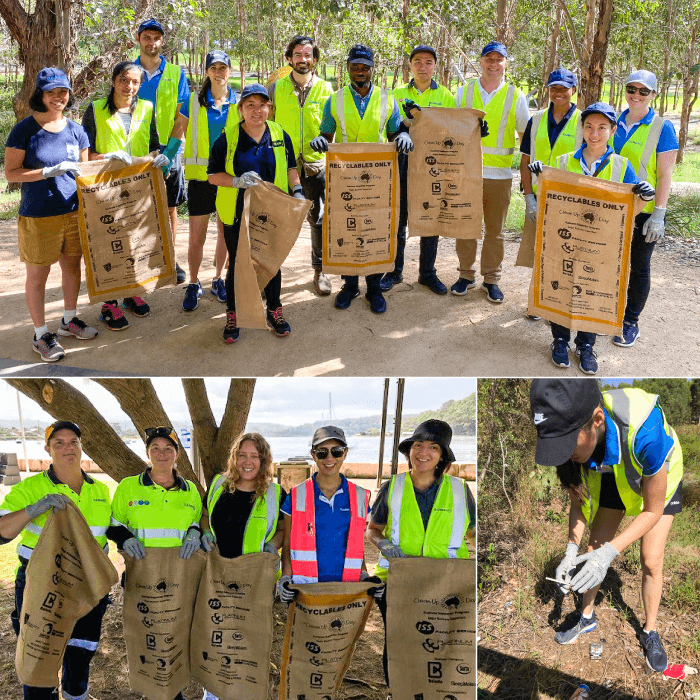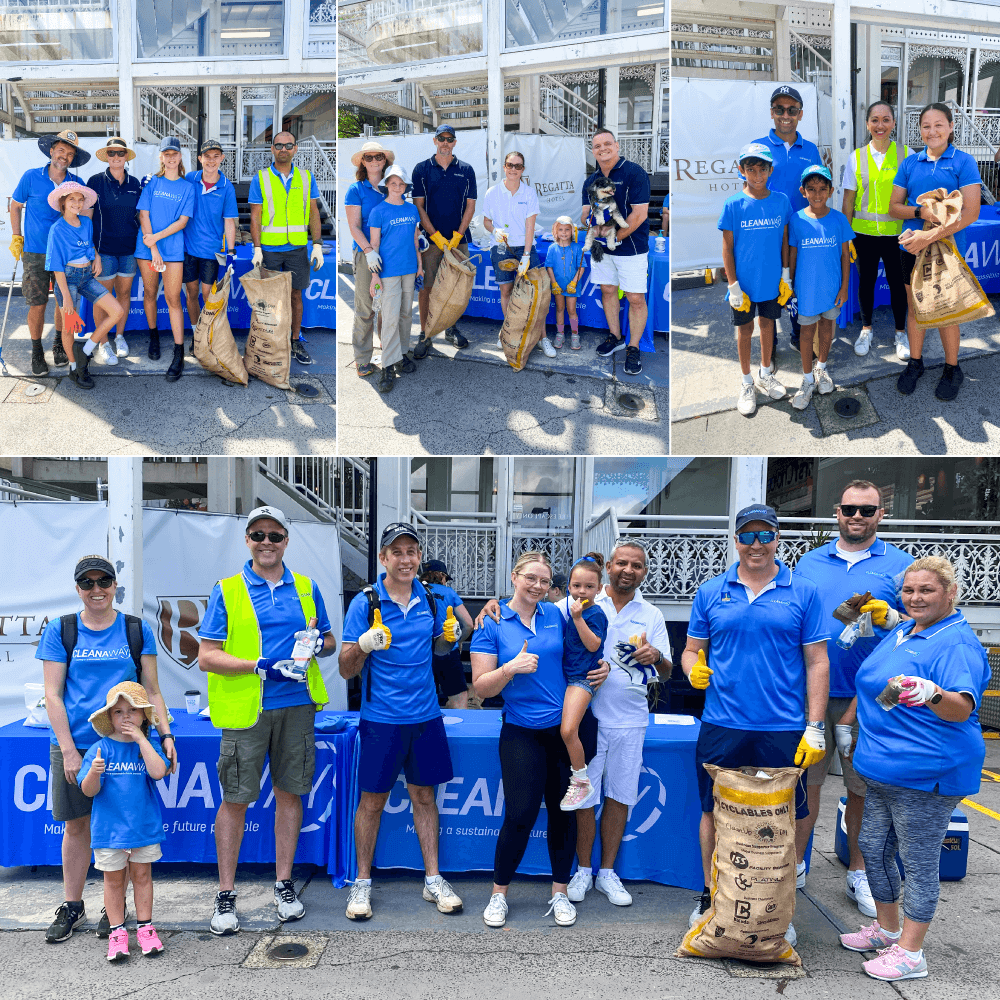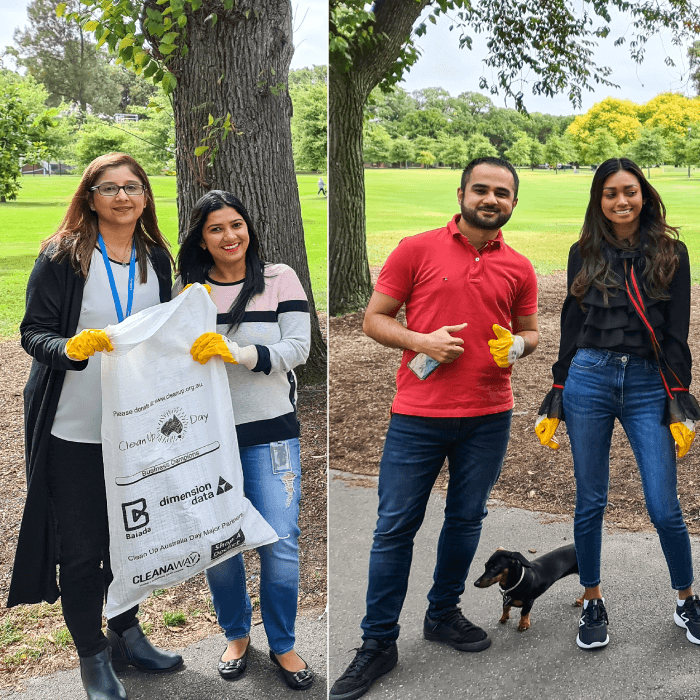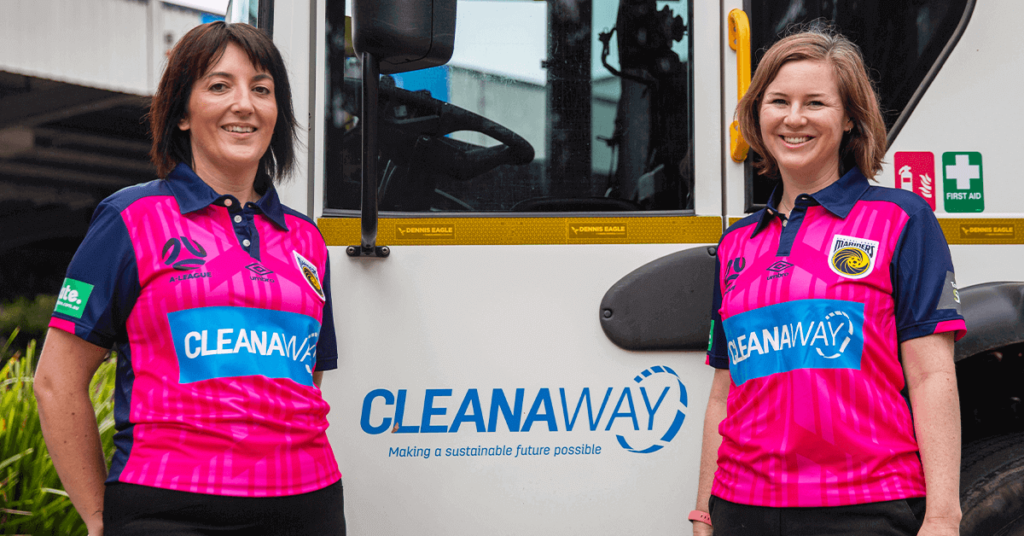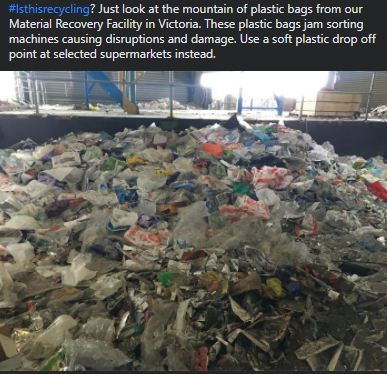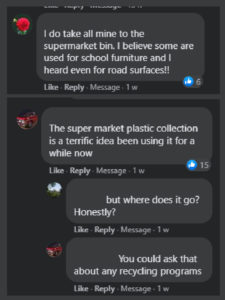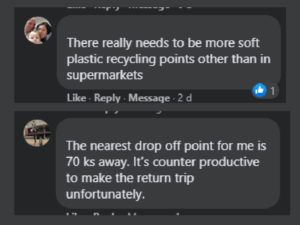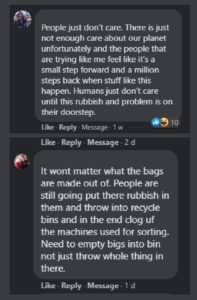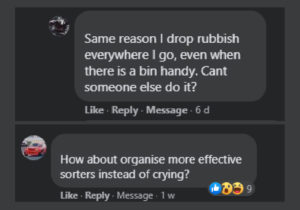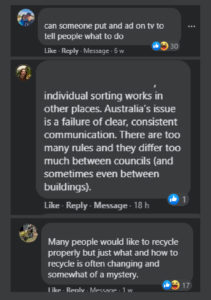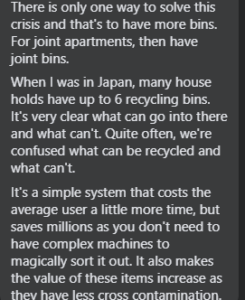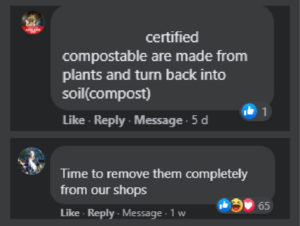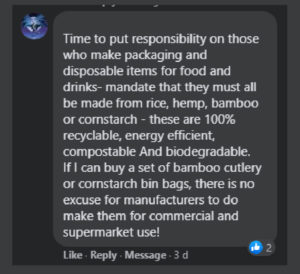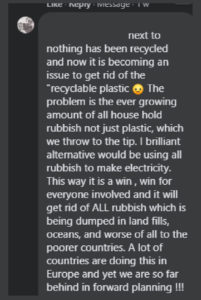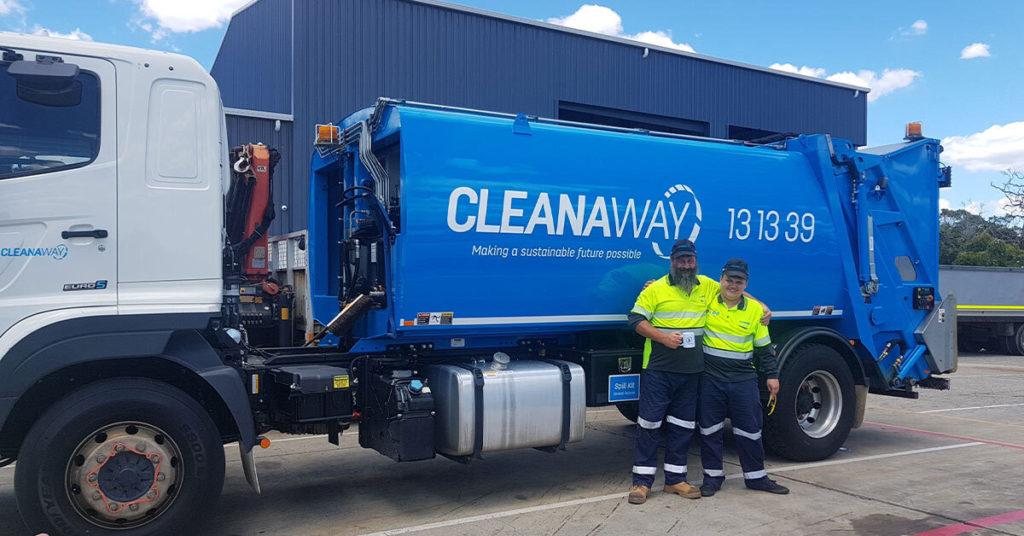"In South Australia we have 150 vehicles on the road each day servicing homes and businesses all over the state. We have an obligation to keep finding ways to reduce the impact of our operations on the environment and the community, which is how we work towards Our Mission of ‘Making a sustainable future possible’. While electric vehicles reduce our carbon footprint and noise levels on the road, our focus remains on delivering a safe, consistent and reliable service to our customers.”
"In South Australia we have 150 vehicles on the road each day servicing homes and businesses all over the state. We have an obligation to keep finding ways to reduce the impact of our operations on the environment and the community, which is how we work towards Our Mission of ‘Making a sustainable future possible’. While electric vehicles reduce our carbon footprint and noise levels on the road, our focus remains on delivering a safe, consistent and reliable service to our customers.”
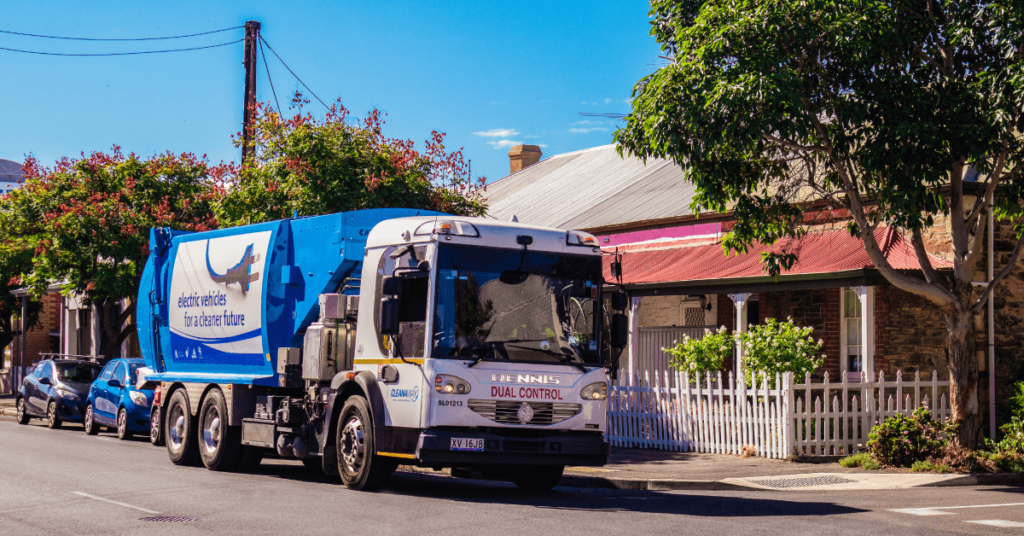
A trial of an electric waste collection truck has begun as part of a joint-council waste contract between City of Adelaide, City of Port Adelaide Enfield, City of Charles Sturt and City of Marion and Cleanaway.
The trial will investigate how feasible the electric vehicle is under actual operating conditions whist maintaining a consistent and reliable service. The trial will help the Councils determine how we might transition to electric waste collection trucks in Adelaide, as the technology matures.
The truck used for the trial is a modified 2018 Dennis Eagle truck, with side loader.
It is expected to run for 120 kilometres on active duty before needing to recharge. The truck will be charged overnight for approximately 10 hours and will take place at Cleanaway’s depot in Port Adelaide. Its actual driving range will depend on the terrain, number of stops and driving style. As well as charging from a power point, the truck captures energy from braking and stores it in a battery to power the electric motor.
Benefits of the trial include:
- This truck emits zero greenhouse gas emissions from the tailpipe under actual operating conditions.
- The vehicle is quiet. If the trial is successful it will significantly reduce noise, making early morning or late-night collections possible, which could help ease street congestion.
- Since the South Australia electricity grid now has over 50% renewable electricity supply, and is heading towards 100%, the switch to electric vehicles is a key component of a low-carbon future.
QUOTES
City of Adelaide Lord Mayor Sandy Verschoor said:
“The trial of a new electric waste truck is a fantastic initiative, and it is an example of how Councils can work together to address climate change and improve sustainability across metropolitan Adelaide.”
City of Charles Sturt Mayor Angela Evans said:
“This trial with the electric waste collection truck demonstrates our commitment to reducing our environmental footprint and carbon emissions, helping us achieve our goal of ‘Net Zero’ by 2025. We are pleased to be partnering with like-minded councils on such a great initiative.”
City of Marion Mayor Kris Hanna said:
“Smart councils are working together for a greener future. There is a lot we can do which is right for the environment and, in the long term, saves ratepayers money as well. Climate change doesn’t recognise council boundaries.”
City of Port Adelaide Enfield Mayor Claire Boan said:
“The City of Port Adelaide Enfield is excited to partner with Cleanaway and the Cities of Adelaide, Charles Sturt and Marion to trial an electric vehicle for the collection of our communities kerbside bins. It’s another great collaboration between councils and industry for positive sustainability outcomes and reducing our carbon footprint.”
Cleanaway, Conan Hookings General Manager Solids Waste Services, SA/TAS said: “In South Australia we have 150 vehicles on the road each day servicing homes and businesses all over the state. We have an obligation to keep finding ways to reduce the impact of our operations on the environment and the community, which is how we work towards Our Mission of ‘Making a sustainable future possible’. While electric vehicles reduce our carbon footprint and noise levels on the road, our focus remains on delivering a safe, consistent and reliable service to our customers.”
MEDIA CONTACTS
City of Adelaide – Matthew Halliwell 8203 7613
City of Charles Sturt – Kristie Johnson 8408 1185
City of Marion – Craig Clarke 0434 600 637
City of Port Adelaide Enfield – Chris Crago 0407 711 816
BACKGROUND
$100 million contract has been awarded to Cleanaway to service 168,000 households across four Adelaide councils.
In one of the biggest contracts of its type, Cleanaway will collect kerbside waste, recycling and organics bins from the councils of Adelaide, Charles Sturt, Marion and Port Adelaide Enfield for at least the next seven years.
The councils sought authorisation from the Australian Competition and Consumer Commission (ACCC) to jointly procure waste services. The councils released the tenders for the following services:
- Kerbside waste collection
- Receiving and processing/disposal of the various waste stream materials collected
- Ancillary Services, including bulk bin, hard waste, and street litter bin collection
The councils evaluated the tender submissions and negotiations were then undertaken to determine the preferred tenderers.
The change to Cleanaway occurred progressively from 1 May 2020, with nearly a quarter of Adelaide households benefiting from the new arrangements.
Among the benefits:
• New environmentally – friendly garbage trucks with enhanced technology (including the trialling of electric trucks) will deliver the services.
• Increased waste and recycling education to residents in a bid to reduce contamination levels, and the volume of waste going to landfill.
• Introduction of an online portal for residents to request services along with new contact details to report a missed bin collection and for other queries.
• Better tracking of garbage trucks to minimise the chance of not collecting bins.
• Collection routes designed to cross council boundaries to make it more efficient to collect bins.
Residents will be notified of any changes to bin collection schedules. The new kerbside collection service commenced on 1 May 2020 for the cities of Marion and Port Adelaide Enfield. The City of Adelaide commenced on 1 July 2021 while the City of Charles Sturt will begin on 1 May this year.
Cleanaway has also been awarded contracts for bulk bin and hard waste collections (excluding City of Marion where the service is managed and delivered by staff).
In addition, the company has been awarded a four-year contract for the processing of general waste at Adelaide and Charles Sturt Councils. Marion Council will continue to dispose of general waste via the Southern Region Waste Resource Authority. Peats Soils and Jefferies have both been successful in securing contracts for organic waste processing.
The change in waste arrangements will result in savings across all councils, which can be invested back into community services.
